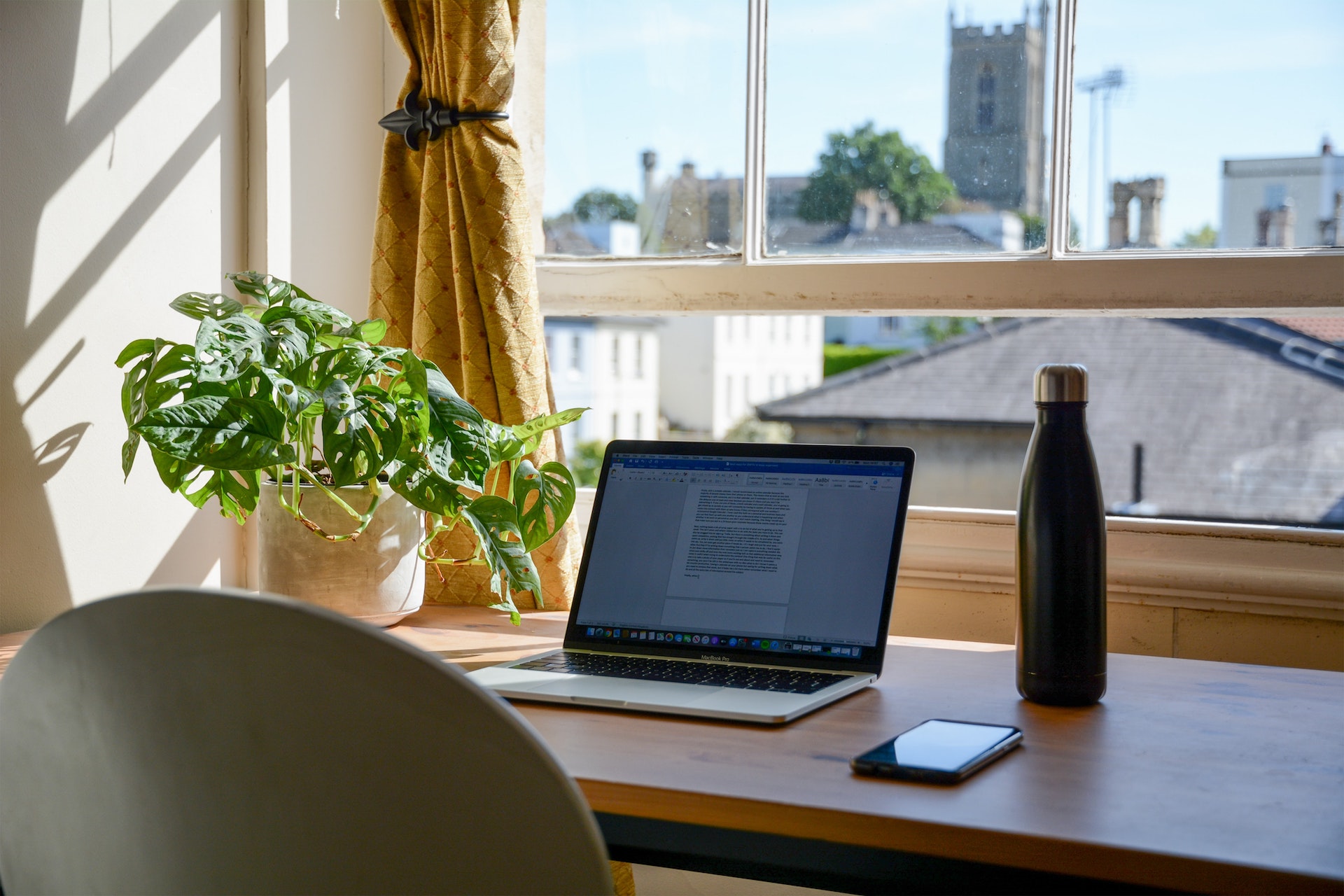
Low-Residency Programs
Both of our MA in Counseling Psychology and MA in Theology & Culture degrees at The Seattle School are offered in a Low-Residency format. Students learn in their location and contexts while also coming to campus periodically for 3-4 days of formation, instruction, and community building. We’ve listed some responses to frequently asked questions below to help students understand how low-residency programs at The Seattle School work.
What is Low-ResidencyLow-Residency is a model of higher education that involves periodic in-person intensive instruction, with independent or remote coursework in between those residential intensives. In other words, students attend weekly courses online, then, two to three times per year they come to campus for retreat-like weekends. These retreats consist of formation, disciplinary and interdisciplinary teaching, and community building with other low-residency students.
Low-Residency formats allow students the ability to stay in their home contexts, and learn from a distance, while also building a learning community with which to sustain them in their remote learning. Students have the opportunity to meet their instructors and colleagues in intentional, on-campus interactions which serves to further enrich their online learning experiences throughout the term.
It depends on the program. M.A. in Counseling Psychology students in the Low-Residency model attend a total of six residencies during their program. M.A. in Theology & Culture students in any program attend four on-campus residencies and one travel residency which affords students the opportunity to apply their learning in a new context.
The Low-Residency retreats are clearly labeled on the Academic Calendar. Additionally, as these events get closer, Academic Services and the Office of Students & Alumni will begin sending out timely reminders with more information about the residency. These generally occur three times per year: in September, January, and May. Click here for a sample residency schedule.
This may mean you need to alter the course planning in your degree program. Please be in touch with us to receive academic advising around these questions. An advisor can be reached by emailing academics@theseattleschool.edu
Please reach out to us! Our Manager of Accessibility & Vocational Programs would be happy to meet with you to discuss ways we can support and accommodate your learning and vocational goals.
While there may be some course-related, disciplinary teaching during the residency experience, there are many other learning outcomes that these events confer. The Residencies are designed as thresholds along the low-residency educational journey that sustain and deepen learning through intensive, immersive community experiences. Our primary aim is to provide students with the opportunity to collaboratively build a learning community who, together with faculty and staff, will join with students as they engage learning goals of formation, integration, and sustainability.
- We understand formation as developing an intentional, relational presence by:
- Embodying a posture of curiosity, “getting-to-know,” humility, and presence in your relationships, vocations, and communities
- Developing a professional identity and vocational skills
- Critically examining your assumptions and creating generative ways of engaging situations with multiplicity and flexible thinking and problem solving
- We understand integration as modeling integrative thinking and learning by:
- Articulating a process for integration of theology & psychology, self-in-relation, theory & practice, body & spirit, and individual-in-community/context
- Synthesizing insights for a theological anthropology through integrating theology and psychology in useful ways toward the your vocational goals
- Modeling a contextual, embodied, relational understanding of yourself and the world
- We understand sustainability as engaging effectively in a learning community by:
- Building and sustaining lifelong learning relationships
- Demonstrating the skills of a compassionate, engaged, fully-present, self-reflective learning community member
- Participating with curiosity in an interdisciplinary learning context
- Remaining connected to your co-learning peers and local learning partners as lifelong learning companions
Your story, calling, and skills matter in service to God and neighbor. Take the next step in your journey by applying to be equipped, encouraged, and challenged by the generative community at The Seattle School. Our application processes are thoughtful, relational, and accessible. You can learn everything you need to know about the application process by going here.
